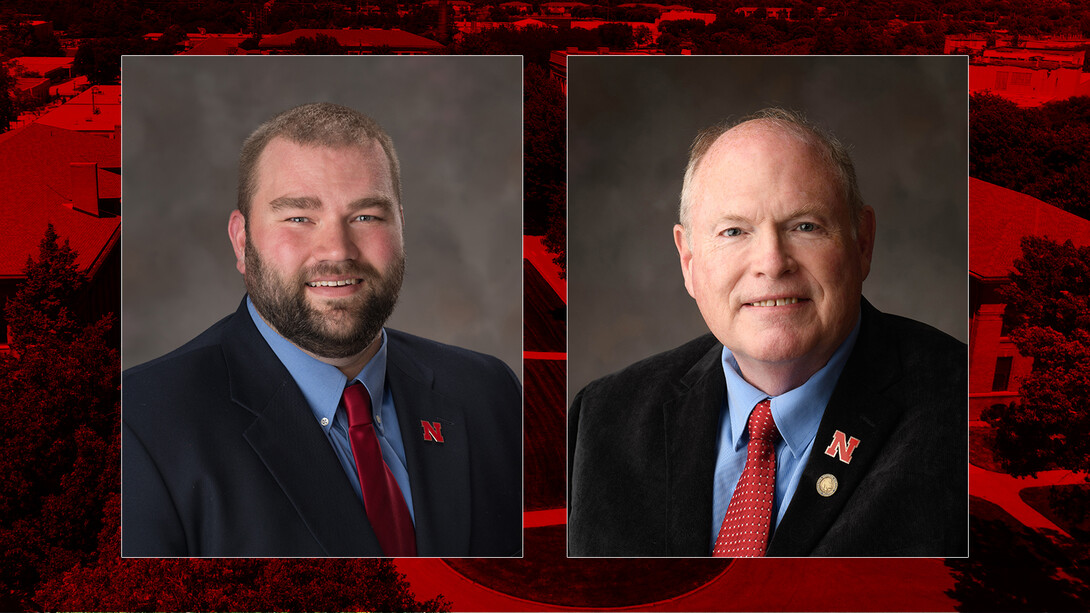
June 27, 2019
Lincoln, Neb. — Dale Grotelueschen, veterinarian and director of the University of Nebraska–Lincoln’s Great Plains Veterinary Educational Center (GPVEC), will retire on July 5.
“I want to thank Dale for his service and dedication to GPVEC and the University,” said Mike Boehm, Harlan Vice Chancellor of the Institute of Agriculture and Natural Resources (IANR). “His steady leadership has benefited Nebraska’s beef cattle industry through the training of veterinary and graduate students, veterinary practitioners, beef producers and industry.”
Grotelueschen has served as GPVEC director since 2013. The 2018 recipient of the Nebraska Veterinary Medical Association’s Veterinarian of the Year award, Grotelueschen has been committed to the advancement of veterinary medicine in the state throughout his career. He worked in private veterinary practice before serving for 16 years as a professor of veterinary extension diagnostics at Nebraska and director of the Panhandle Veterinary Diagnostic Lab in Scottsbluff. Prior to coming to GPVEC, Grotelueschen worked for 13 years as a technical services veterinarian for Pfizer Animal Health/Zoetis.
A national search will be launched to identify the next director of GPVEC. In the interim, Clayton Kelling, director of the School of Veterinary Medicine and Biomedical Sciences, and Galen Erickson, Nebraska Cattle Industry Professor of Animal Science, will serve as co-directors of GPVEC. This co-leadership model structure signifies the commitment IANR is placing on resilient systems for food animal production, health and well-being.
GPVEC has been the focus of significant strategic discussions recently. An interdisciplinary team of practicing veterinarians, producers, industry stakeholders and faculty recently concluded a thorough review and inventory of the assets needed to serve producers – cow/calf and feedlot specifically – advance science, and train the next generation of livestock veterinarians. The group developed a data-driven strategic framework to help GPVEC accomplish this enhanced mission, which leverages key partnerships with the School of Veterinary Medicine and Biomedical Sciences, Department of Animal Science, the Veterinary Diagnostic Center, Nebraska Extension, the Professional Program in Veterinary Medicine, research and extension centers across the state, the Nebraska College of Technical Agriculture, and the U.S. Meat Animal Research Center (USMARC).
“With the support of our partners and a collaborative approach, GPVEC can be the ‘gold standard’ in advancing food animal health and well-being in a state that plays such a critical role in feeding a growing world,” Boehm said. “It’s time we let the world know that Nebraska is THE state and GPVEC is THE place to train if you are a premier large-animal/food animal health practitioner.”
The strategic framework outlines updates to physical assets, such as upgrading the fire suppression system for the GPVEC residence hall to allow for continued use by students and visiting scholars, to the hiring of additional faculty. The strong partnership between GPVEC and USMARC will allow the center to go from four full-time faculty members to eight, which will enable the delivery of more educational, research and extension programming.
Contact:Haley Apel
Communications
Institute of Agriculture and Natural Resources
402-472-4398
haleyapel@unl.edu







